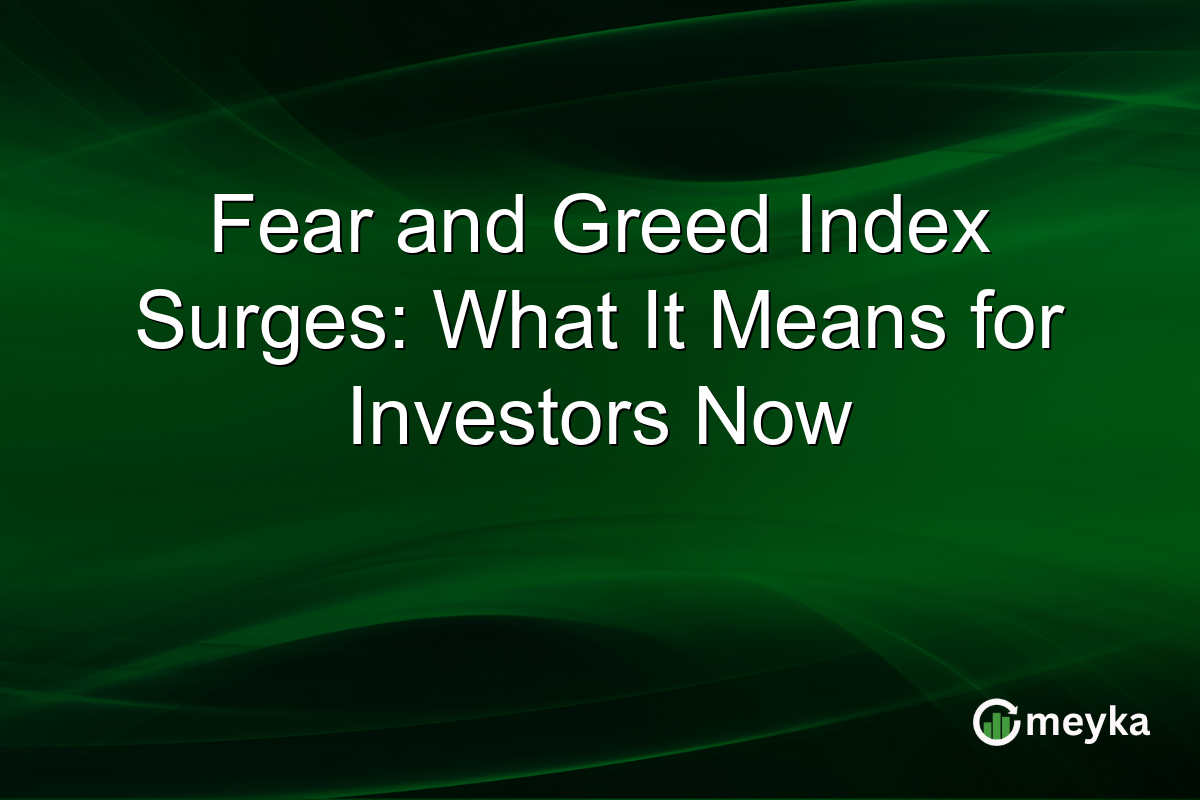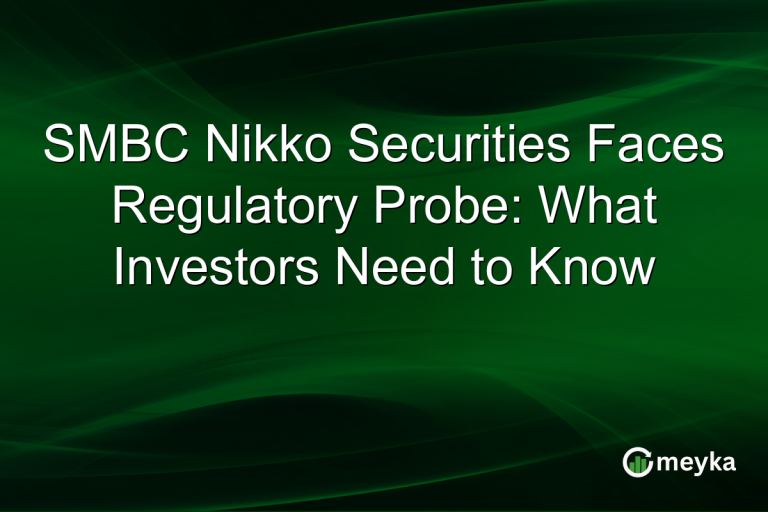Fear and Greed Index Surges: What It Means for Investors Now
The Fear and Greed Index is currently surging, reflecting heightened emotions in the stock market. This influential barometer tracks two powerful emotions that impact investor behavior: fear and greed. As of November 2025, Germany’s financial markets exhibit a notable swing toward greed, suggesting a potentially bullish sentiment. Understanding these emotional shifts can provide valuable insights into market volatility, guiding investment decisions.
Understanding the Fear and Greed Index
The Fear and Greed Index, developed by CNNMoney, measures market sentiment on a scale of 0 to 100. A higher score indicates more greed, while a lower score reflects fear. Currently, the index shows a rise toward greed, signaling increased optimism. This surge could correlate with factors like strong corporate earnings or macroeconomic stability. However, extreme greed might also lead to risky investments without proper due diligence.
Impact on Market Sentiment
Market sentiment often sways with the Fear and Greed Index, affecting how investors perceive risk. When greed is high, investors may overestimate growth potential, pushing stock prices further. Conversely, fear can lead to undervaluation. According to recent data, sentiment in Germany reflects optimism, as investors react to positive economic indicators. This optimism might influence both retail and institutional investors in their strategy adjustments.
How Investor Behavior Is Affected
Investor behavior is deeply tied to emotions captured by the index. In a greed-dominated market, many might enter high-risk trades expecting short-term gains. Behavioral finance suggests that such emotional markets can lead to bubbles. Investors need to be mindful of their emotional responses to avoid regretful decisions. Staying informed through reliable platforms like Meyka, which offers real-time insights, can help in making balanced decisions.
Navigating Market Volatility
Market volatility often rises with emotional swings. The current greed surge might increase volatility in the German market, creating opportunities for savvy investors. Exercising caution, diversifying portfolios, and using hedging strategies can mitigate risks. Understanding market cycles and aligning them with personal risk tolerance makes it easier to navigate these waters. Experienced investors often see high volatility as a chance to buy undervalued assets.
Final Thoughts
The recent rise in the Fear and Greed Index points to increased optimism among German investors. While optimism can drive markets higher, it also carries the risk of promoting excessive risk-taking. Investors should carefully analyze market conditions, leveraging tools like the Fear and Greed Index to make informed decisions. By staying aware of one’s emotional influences and consulting platforms like Meyka for comprehensive insights, investors can better manage market uncertainty.
FAQs
The index measures market sentiment, indicating whether investors feel more fearful or greedy. It influences buying and selling decisions, thus affecting market dynamics.
Investors can use the index to gauge market sentiment and identify potential buying or selling opportunities. It’s a tool for understanding emotional overreactions during extreme market conditions.
The surge may be due to recent economic improvements or strong corporate earnings in Germany. Investors feel optimistic, driving a wave of speculative actions in the market.
Disclaimer:
The content shared by Meyka AI PTY LTD is solely for research and informational purposes. Meyka is not a financial advisory service, and the information provided should not be considered investment or trading advice.






